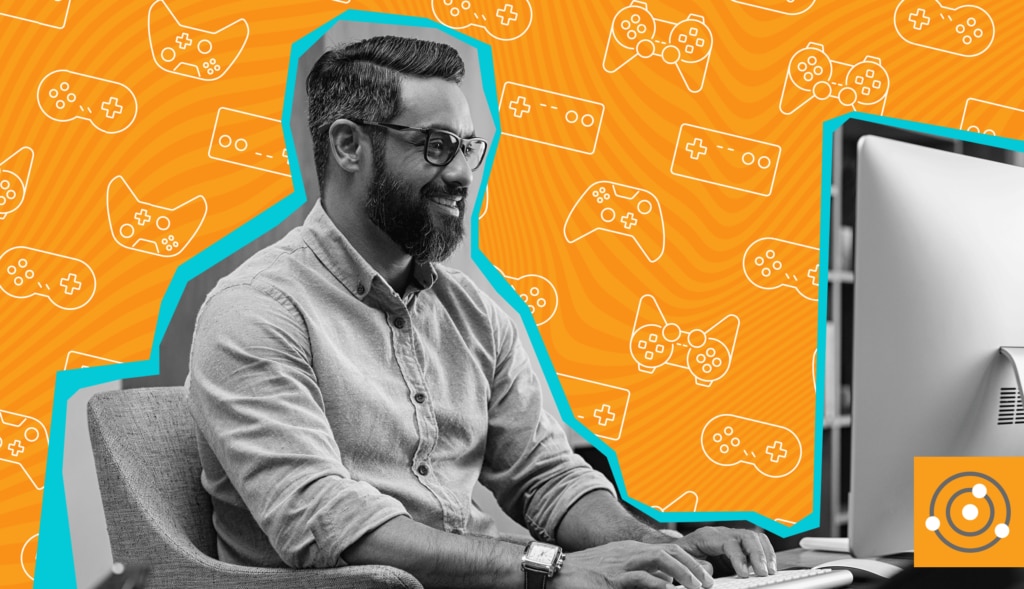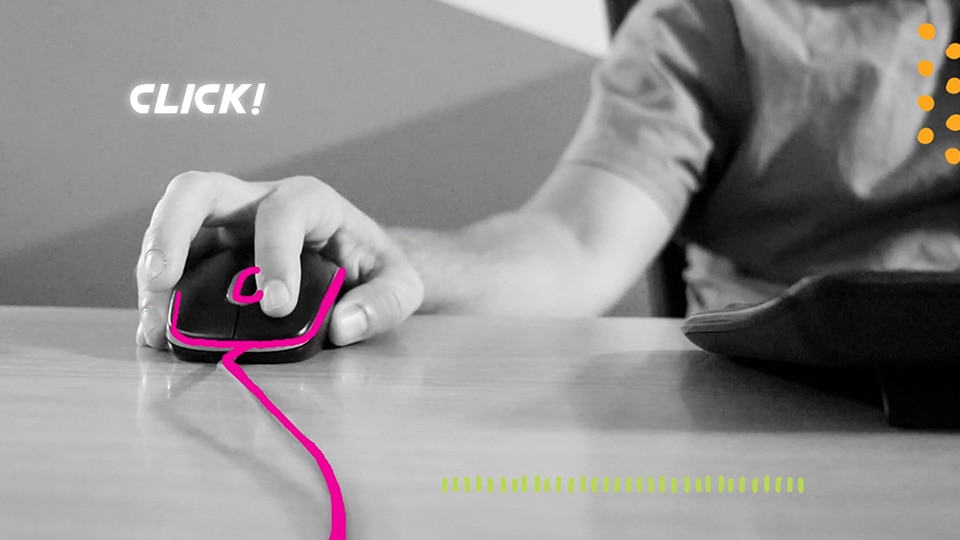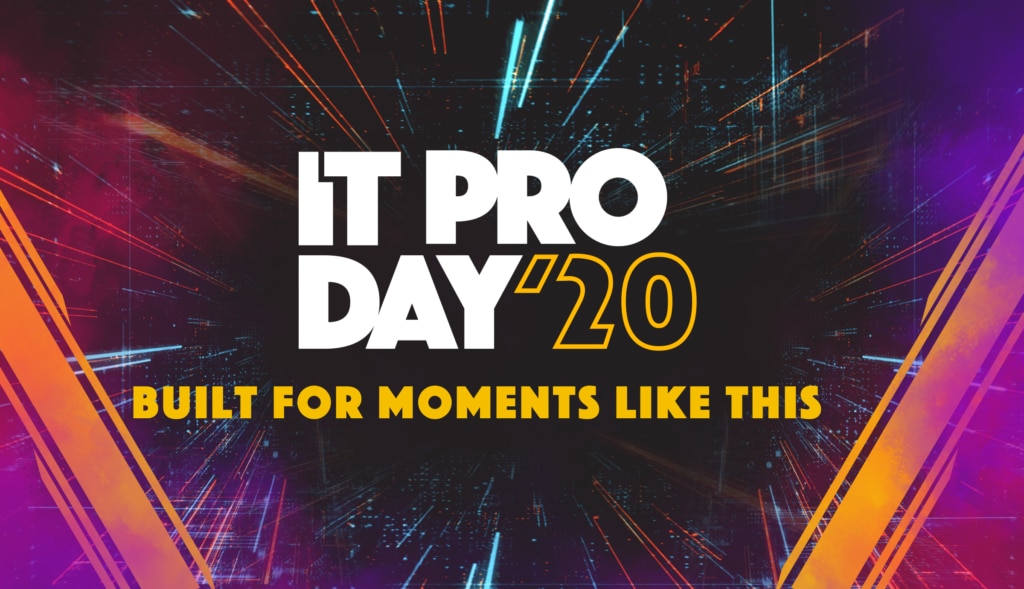In
my last Gamify Work post, I brought up the idea that you can translate skills from gaming to tech. All roles can benefit from the skills you use in everyday gaming. If you aren’t a gamer, I hope my analytical brain dump of my own recreational pastime inspires you to analyze your own hobbies and think about the skills you may be subconsciously developing. Consider how these can help you in your career if you just shift your thinking slightly—and hey, it might make work a little more fun.
Like last time, I’m using games from my specific experience as examples—either playing them myself or in some specific cases (like horror game references <shudder>) from watching someone else play. There are many more examples out there, and I can even think of more from my specific gaming history. But there’s only so much time in the day, right?
Strategic Planning
I previously referenced raids in MMOs as an example for time and task management, but it’s also a great example of strategic planning. When you prepare for a raid, there are so many pieces in play, from requiring many other players and min/maxing your gear to making sure you have the required balance of healers to DPS (damage per second). Then, you have to plan out groups and a strategy for taking down mobs, loot sharing, and finally taking on the dungeon boss(es).
Let’s give a broader example. Ever get so excited for a new game to come out that you took time off for release day? I know many who have done this, and it also requires planning. Not only are you planning ahead by taking time off work, you have to prepare to not be at work. This is normal for days off, so I hear you asking, “What else could you possibly need to plan?”
If you’re planning to devote a day or days to playing this new game, you need to organize your provisions—caffeine, food, (hopefully) water, breaks, sleep, etc. If you’re gaming in a shared space, you have to work this out ahead of time with those you share your space with, especially if they use the space to work. Then, there’s coordinating with family/friends who are prone to dropping by, package deliveries, and don’t get me started on added complications if you have kids—this can be quite impossible with kids, though we love them. All this planning to get the most time and enjoyment out of the new game you’re stoked about can certainly be translated to planning on work projects.
Plus, if you’re planning this time off for a multiplayer experience with friends, you get into our next topic: teamwork.
Teamwork
Previous example notwithstanding, any team-based multiplayer game requires teamwork. I can give way too many examples, but here are a few: Fortnite, Apex Legends, the Call of Duty series, raids in MMOs, multiplayer in Stardew Valley, multiplayer in any survival simulation (like 7 Days to Die, Raft, Grounded, etc.), and so many more. Without teamwork, you won’t get far in most of these games—though I’ll admit, there is room for a solo experience in many of these games as well.
In Stardew Valley, you’re required to share the same space (farm), resources, and even money (though you can set the game up to separate money). In Apex Legends (and other battle royales), playing with your squad works best with effective communication and coordination, which are inherent in teamwork. When someone splits off from the group to do their own thing, they usually don’t last.
When playing with friends, we have a great time laughing and making jokes,
and we’re much more effective when we work together. It’s a democracy and majority rules, which keeps the arguments to a minimum and keeps us together and having fun. So how can we apply this to our jobs? Well, if it’s not obvious, the point I’m making is teamwork makes the dream work. Cliché, but true.
A good team has a good time and is effective. Democracy in your team may not always be an option—after all, we don’t always get to choose our projects—but getting everyone involved, keeping morale up, working together toward a common goal, effective communication, and excellent coordination will make all the difference in the world to the experience and to the outcome of your project.
Organization and Inventory Management
Inventory management always makes me think of the Resident Evil franchise, but many games require inventory organization and optimization. You often have limited inventory space, and you must make the best of it. In the Resident Evil games, this tactic ratchets up the intensity a bit because you not only have to choose which weapons you have and how much ammo and healing you have, you also have to hold keys in your inventory—all in the same limited space.
Do you choose to carry a key instead of more ammo? Do you choose to carry all your healing on you because you’re going into a boss fight? These choices are required of you consistently throughout the series, and the same inventory management principles can apply in IT.
Whether working with hardware inventory, software inventory, or some other type of
IT inventory management, you do this task on a semi-regular basis in some form. If you have the budget, you can expand your inventory space, but you should always ensure you’re using your current space with the most efficient and effective
IT cost optimizations before you make your request.
Often, you can move resources around to make the most efficient use of your inventory before needing to expand. Even on a personal level, you perform some level of inventory management on a regular basis. Running out of space at your workstation? Can you get more space?
Should you?
You can also revisit your installed applications and files you’ve saved locally to free up space. What’s the associated cost of increasing inventory space or removing applications/files from their locally installed/saved locations? If you drop this shield (application) to pick up a replacement, is it better? Will you regret dropping it later?
Hopefully, you enjoyed my brain dump of comparisons between latent skills picked up in gaming and how you can apply those skills to your everyday work. Let me know if there are others I left out—I almost certainly did. Happy gaming and working!





